FAIRFIELD — Biologists are not sure what has caused a decline in the growth of brown trout near the Shawmut Dam, but local anglers, guides and others say it is hurting the local economy.
When the Department of Inland Fisheries and Wildlife recently launched a two-year study looking at the reasons for the Kennebec River’s decline, it was the first time in almost 15 years that the fishery has been studied. In the meantime, an area that was once a nationally known brown trout fishery has declined sharply.
About 25 of the 2,000 brown trout released into the river last month have been tagged and will be tracked during the next two years to discover information about their habitat, survival rates and feeding habits. While biologists released the fish, a local angler watched in hope of gaining insight into the decline of a once-popular fishing spot.
John Dubois, 41, has lived in Shawmut Village for about 10 years. One reason he moved there was to have great fishing in his backyard. He remembers days when he would see dozens of cars parked at the river with license plates from all over the country. Today, he said, he’s lucky if he sees one or two neighbors at the spot.
“The fish just don’t seem to be growing like they used to. The quality has gone down,” said Dubois, adding that he once caught a 22-inch brown trout at Shawmut. This year, he hasn’t caught a rainbow or brown trout bigger than 16 inches, the minimum length required to keep fish at that section of the river.
From Shawmut all the way up to The Forks, anglers and guides are saying that the fishing is not what it once was, and that is hurting the economy.
According to the most recent data from the U.S. Department of Fish and Wildlife, fishing-related expenditures in Maine totaled $372 million in 2011. In comparison, hunting generated about $202 million in economic activity.
The condition of Maine’s fisheries affects the number of people who visit the area, as well as the fly-fishing industry, including the number of guides and tackle shops the river can support, said Chris Russell, 48. He has guided on the river for 25 years and does that now for Kennebec River Angler in Caratunk.
“It certainly says a lot both for the economy and for the fishery,” Russell said. “If we had a better fishery we’d have more traffic; therefore, fly shops would be doing better. The same with guides: The better the fishery, the more guides stay busy; and that spins off into hotels and restaurants.”
Downstream at Kennebec River Outfitters in Madison, Bob Mallard operates one of only two tackle shops on the river. Just five miles from the Kennebec, he said business is not what it used to be, and he is trying to sell the shop.
The 40-mile stretch of the Kennebec from The Forks to Shawmut, a riverside village within the town of Fairfield, was one of the best places to fish in the state and had national renown, according to George Smith, former executive director of the Sportsman’s Alliance of Maine.
“There’s a few spots you can do well, and that’s where you’ll see everybody fishing. The river itself is not even contributing a fraction of what it could to Maine’s economy,” Smith said.
Shawmut in particular had a highly successful brown trout fishery in the 1980s and 1990s and was popular among guides, tourists and local anglers, according to Mike Holt, owner of Fly Fishing Only, a tackle shop that closed in April 2011.
According to Holt, the proximity of his shop and the fishery to Interstate 95 helped make it successful, bringing people into local bakeries and restaurants. “When Shawmut died, we got a lot less traffic from people who came just about every night to go fish there,” Holt said.
The fishery is below the Shawmut Dam in a wide, shallow stretch of river where fisherman can wade almost to the middle.
“They like to wade, get right out there in the middle of the river. Most of the people that would come here, they would tie their own flies, make their own rods, really old-school fishermen. That older generation, you don’t see that generation come down here anymore. It’s too bad,” Dubois said.
Rachel Ohm can be contacted at 612-2368 or at:
rohm@centralmaine.com
Twitter: @rachel_ohm
Copy the Story LinkSend questions/comments to the editors.


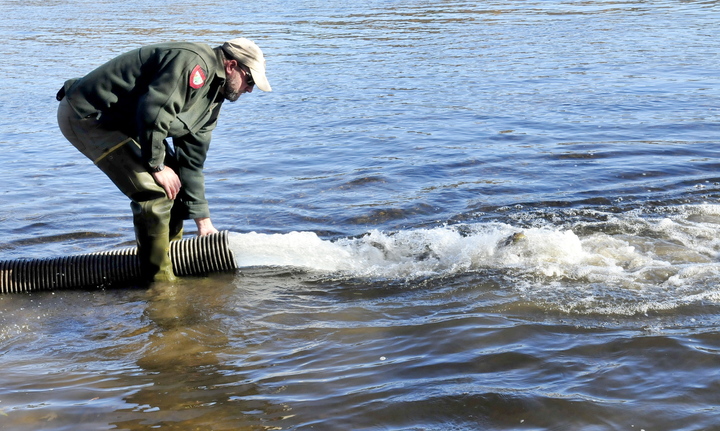
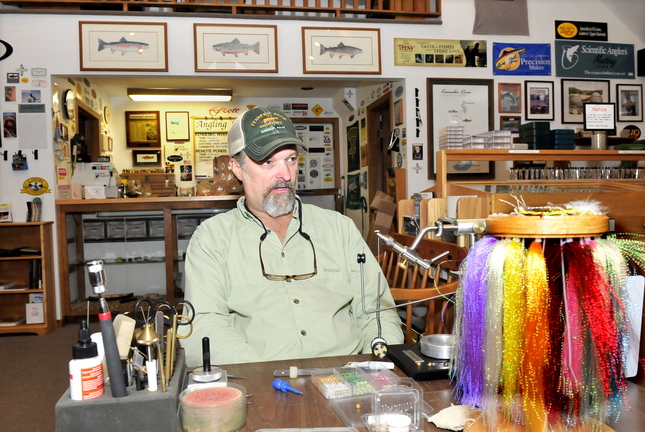
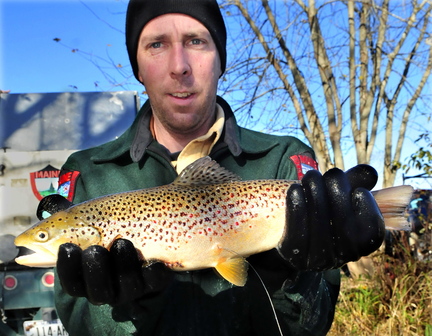
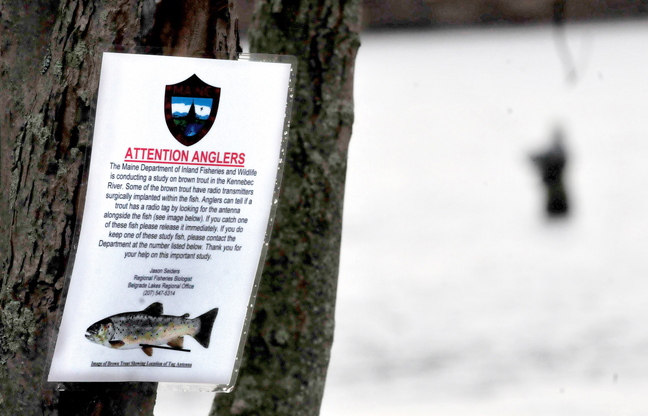
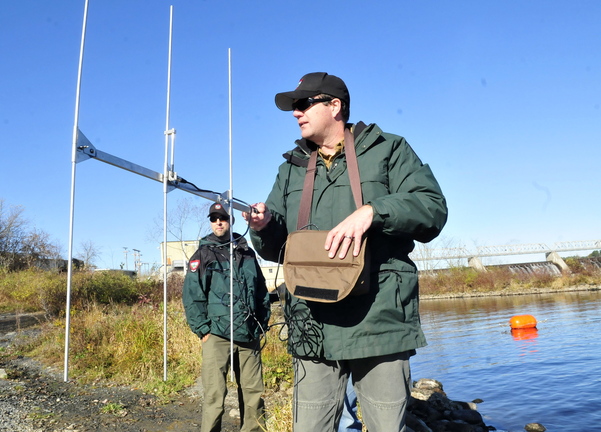

Success. Please wait for the page to reload. If the page does not reload within 5 seconds, please refresh the page.
Enter your email and password to access comments.
Hi, to comment on stories you must . This profile is in addition to your subscription and website login.
Already have a commenting profile? .
Invalid username/password.
Please check your email to confirm and complete your registration.
Only subscribers are eligible to post comments. Please subscribe or login first for digital access. Here’s why.
Use the form below to reset your password. When you've submitted your account email, we will send an email with a reset code.